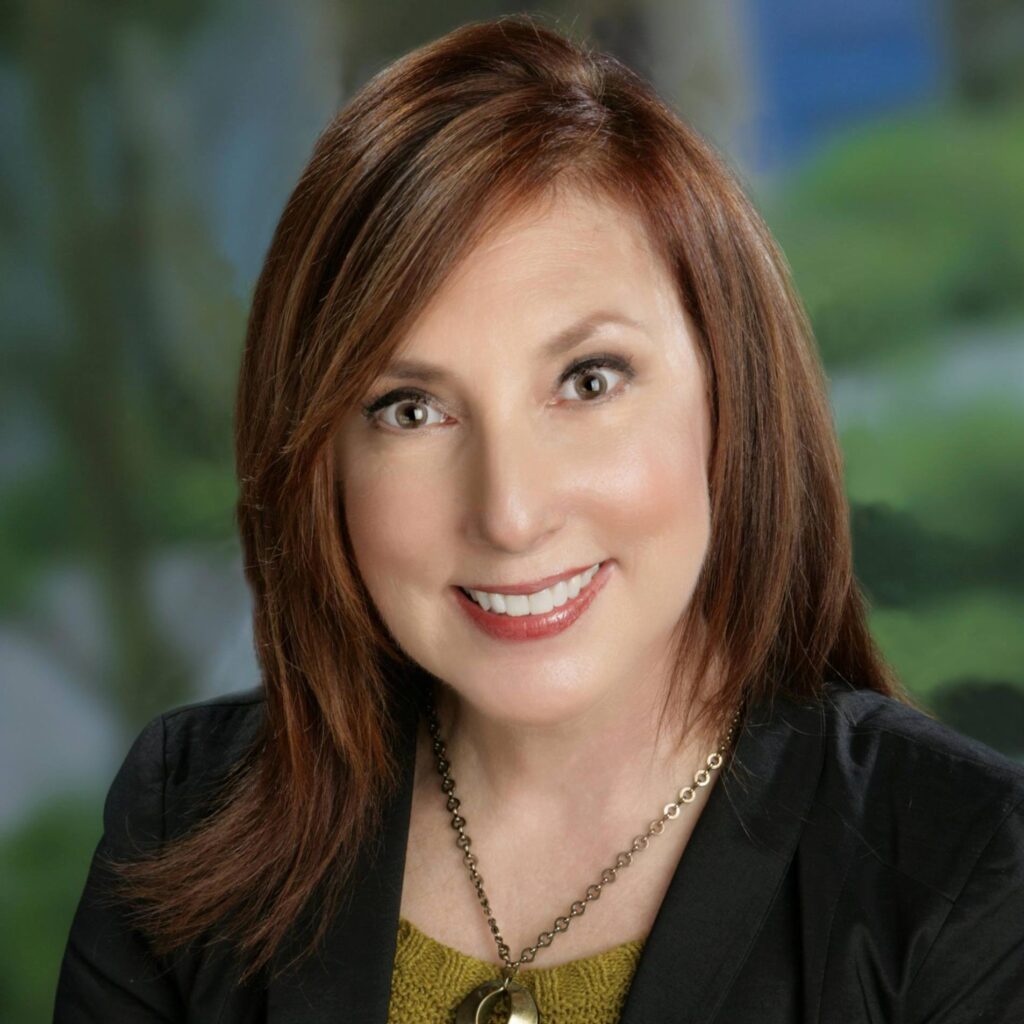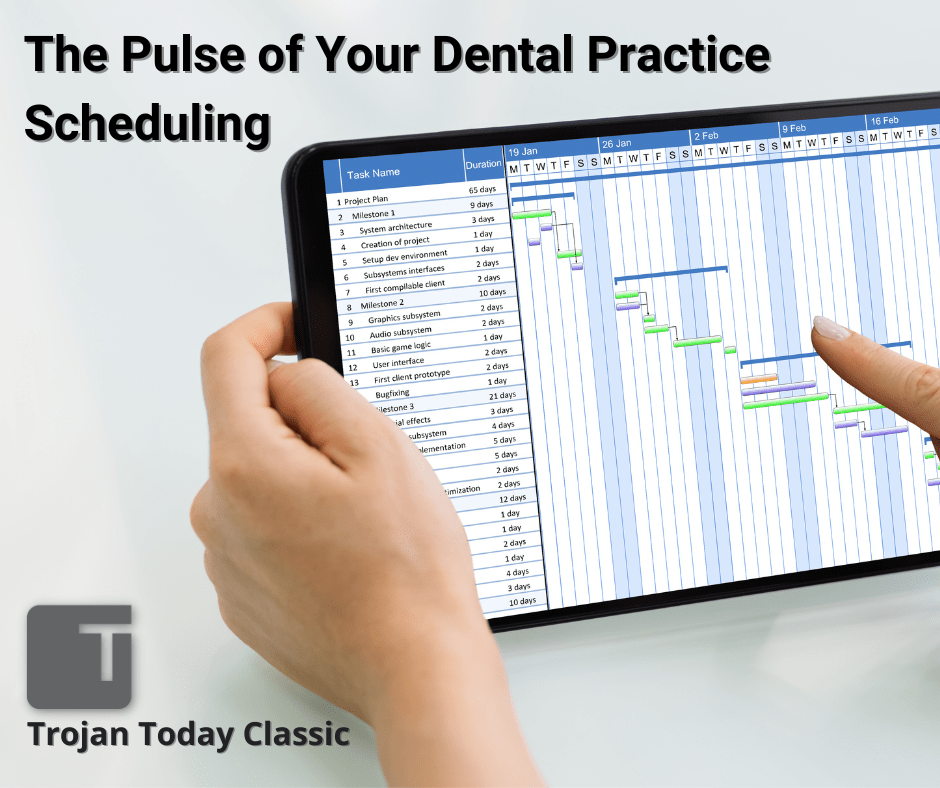Originally published May 2011 in Trojan Today.
Dental hygiene preventive care appointments are the lifeline of your dental practice. At least 80% of the diagnosed dentistry in your practice should be coming from them. When patients leave the dental hygiene appointment without a scheduled future appointment, your practice profitability will drop by at least 50%. The most effective way to keep the hygiene schedule full is to pre-block your schedule. When the hygiene schedule is not full, a domino effect will occur. Not only is it possible to have patients fall through the cracks with timely hygiene preventive care appointments, but the dentist will see openings in the treatment schedule in the future. The best plan for the success of scheduling appointments is to have communication skills in place and effectively use them while the patient is in the dental office.
Many years ago, it was standard to have patients complete postcards to remind them to call for their next hygiene appointments, but this did not set up an effective system of productivity for the dental practice as a whole. Most offices that adhere to a strategy of having patients call to schedule appointments will have many openings on the hygiene schedule. People are very busy in the 21st century; if it isn’t on the calendar months in advance they tend to put it off. With technology, we are able to lock in our appointments and then even have pop-up reminders months, days, and even minutes before an appointment is to occur.
When patients do fall through the cracks, the best method to ensure their return is to call them. Sending postcards to patients is too passive and impersonal.
Communication Tools for Scheduling
If it’s so important, how can you encourage reluctant patients to schedule the next appointment? Words can create a thousand pictures. For example, consider these options:
“Mr. Jones, would you like to schedule your next cleaning with me?”
“Mr. Jones, when you would like to schedule your next cleaning appointment?”
“Mr. Jones, I can see you on Wednesday July 6th or Thursday July 7th for your next continuing care appointment. Which day will work best for you?”
Which question would you ask your patients?
The first sentence is a closed-ended question and allows the patient to say “No” which can cause many negative situations, including the onset of dental disease when the patient forgets to call back in three to six months.
The second question also allows the patient to say “No” to an appointment. You are the professional and you are the one in charge of the schedule so give patients a couple of available dates for their next appointment.
The third question assumes the patient will be coming back and already understands the importance of returning for continuing care, preventive care, or a periodontal maintenance appointment. The patient already has bought into the treatment plan.
Once the patient responds with a day that works, suggest a time similar to the one scheduled for the current day. Many people work best if they have specific and consistent times for special types of appointments. Some patients want afternoon dental appointments and some prefer first thing in the morning. It is great to help people remember appointments with continuity and consistency. Always try to schedule younger patients before the noon hour.
Further Tips For Scheduling
When implementing a system for scheduling the hygiene appointment, avoid using words such as “cleaning” and “recall.” The perception among patients is that a “recall” appointment is not significant. After all, you are not “recalling” the patient. Have you heard of a recall on a car with a problem? This is nothing similar to what you are doing in your dental office. You are informing patients they need to return for preventive care. Also, asking a patient to return for a “cleaning” sounds similar to having a person come clean your house. The hygienist is a preventive care professional or non-surgical periodontal therapist. Add value to the dental hygiene appointment by using words such as preventive care appointment, continuing care, periodontal maintenance, etc.
If scheduling is a problem, consider having the dental hygienist or hygiene assistant schedule all future hygiene appointments in the hygiene room. The hygienist and/or hygiene assistant understands the reason for the specific interval for the next patient visit. The hygienist knows how much time needs to be allotted and what procedure(s) need to be scheduled.
Keep communication open throughout the dismissal. In any case, when the hygienist or hygiene assistant hands off the patient at the front office there needs to be dialogue between the front and back office team members. When communicating, always create a perception of value and importance in the mind of the patient by saying something similar to this: “Mrs. Smith, I look forward to seeing you in July and I want to hear more about your daughter’s wedding. See you at your preventive care appointment July 6th and I will recheck that one area I was concerned about on the lower left side.” Every patient should be dismissed with a verbal reminder that there is another appointment, even if it is six months away.
Run Preventive Care Reports
Each month a member of the dental team has the daunting task of running the dental hygiene report and calling patients who need an appointment but don’t yet have one. These can be patients who are overdue or who are due at the time the report is run.
Before any calls can be made, research has to be completed. This team member needs to research to know:
- When did the last hygiene appointment occur?
- What were areas of concern regarding periodontal health?
- Were there other areas of concern?
- Is there outstanding treatment?
- What does the insurance allow (not to dictate treatment but to answer any questions about finances)?
- What X-rays are needed?
- What length of appointment is needed?
- Is there an outstanding balance?
All phone numbers must be called and messages left at each number. The results of these phone calls need to be documented in the patient’s chart, whether paper and/or eChart.
This is where it becomes a daunting task at best because it turns into a numbers game. Maybe one in twenty patients will answer the phone and then actually schedule an appointment. Statistics prove it is easier to reach patients by phone between 5 p.m. and 8 p.m. Some offices have late evening schedules. Some offices even have Saturday appointments. This is another great time to make these calls, but you can see that the systematic approach of pre-appointing preventive care patients is much more efficient and productive than making calls.
Conclusion
Every successful and profitable dental hygiene department needs a systematic and strategic method of scheduling regular continuing care, preventive care, or periodontal maintenance appointments. These appointments must be communicated in a manner that allows patients to understand the importance of preventing disease. When patients understand that without good oral health they will not have good overall health, they will listen and take action.
Continuing care, preventive care, or periodontal maintenance scheduling is one of the most important systems you will implement for the success of your dental practice. Scheduling future dental hygiene appointments is a routine system that you must follow daily. This is key to any successful dental practice.
When dental practices commit to a system of pre-scheduling preventive care patients, the dental practice will experience the positive benefits of superior care, productivity and effective use of time, which increases the net profit.
This is just one of many systems which will make your dental hygiene department rock solid.

Debra Seidel-Bittke, RDH, BS, is founder and president of Dental Practice Solutions, an international coaching, consulting, speaking, and education business focused on increasing dental practice net profits through implementing six specific systems within the dental hygiene department.
FMI: 503.970.1122

